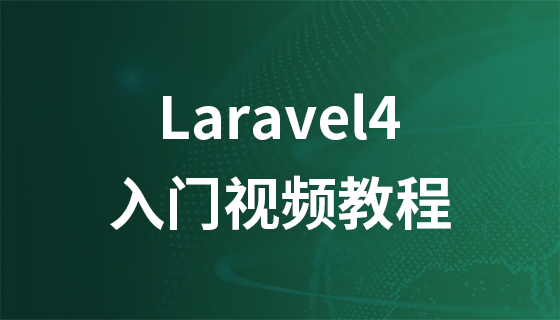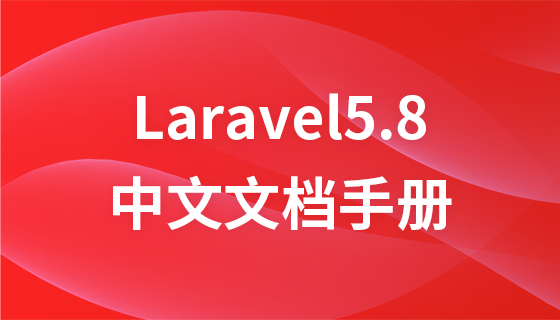
本文旨在解决在使用 Laravel Eloquent 进行复杂查询时,如何将父模型的 ID 传递到其关联模型的子查询中的问题。通过示例代码和详细解释,帮助开发者更有效地利用 Eloquent 的关联关系进行数据检索。
在使用 Laravel Eloquent 构建复杂查询时,经常需要将父模型的 ID 传递到其关联模型的子查询中,以便更精确地过滤数据。以下将介绍如何实现这一目标,并提供相应的代码示例和注意事项。
利用 Eloquent 关联关系进行查询
首先,确保在模型中正确定义了关联关系。根据提供的信息,Product 模型与 Local 模型之间存在多对多关系,并通过 LocalProduct 中间表连接。Local 模型与 Presentation 模型之间存在一对多关系(通过 LocalProduct)。
代码示例
以下是如何使用 Eloquent 实现将 product_id 传递到 presentations 子查询的示例:
$products = Product::with(['locals' => function ($locals) {
$locals->select('locals.id', 'descripcion')
->with(['presentations' => function ($presentations) {
$presentations->select(
'presentations.local_id',
'presentations.product_id',
'presentations.id',
'presentation',
'price'
);
}]);
}])->select('products.id', 'nombre')->get();解释
上述代码使用 with() 方法预加载 locals 关系,并在闭包函数中定义了对 locals 的查询约束。在 locals 的闭包函数中,又使用 with() 方法预加载了 presentations 关系,并在其闭包函数中定义了对 presentations 的查询约束。
隐式关联 ID 传递
关键在于,由于 Presentation 模型通过 LocalProduct 中间表与 Local 模型关联(hasManyThrough 关系),并且 LocalProduct 表包含 product_id,Eloquent 会自动处理 product_id 的传递。这意味着在 presentations 的查询中,Eloquent 已经隐式地将 product_id 作为条件进行了过滤,无需显式地在 where 子句中指定。
使用 has() 方法(可选)
如果只需要检索那些拥有 locals 和 presentations 的 Product,可以使用 has() 方法:
$products = Product::has('locals.presentations')
->with(['locals' => function ($locals) {
$locals
->select('locals.id', 'descripcion')
->with(['presentations' => function ($presentations) {
$presentations->select(
'presentations.local_id',
'presentations.product_id',
'presentations.id',
'presentation',
'price'
);
}]);
}])->select('products.id', 'nombre')->get();注意事项
总结
通过正确定义模型之间的关联关系,并利用 Eloquent 的 with() 方法进行预加载,可以方便地将父模型的 ID 传递到子查询中,实现复杂的数据检索需求。理解 Eloquent 的隐式关联 ID 传递机制,可以避免不必要的代码冗余,提高代码的可读性和维护性。
以上就是在 Eloquent 中将父模型的 ID 传递到子查询的详细内容,更多请关注php中文网其它相关文章!

每个人都需要一台速度更快、更稳定的 PC。随着时间的推移,垃圾文件、旧注册表数据和不必要的后台进程会占用资源并降低性能。幸运的是,许多工具可以让 Windows 保持平稳运行。




Copyright 2014-2025 https://www.php.cn/ All Rights Reserved | php.cn | 湘ICP备2023035733号